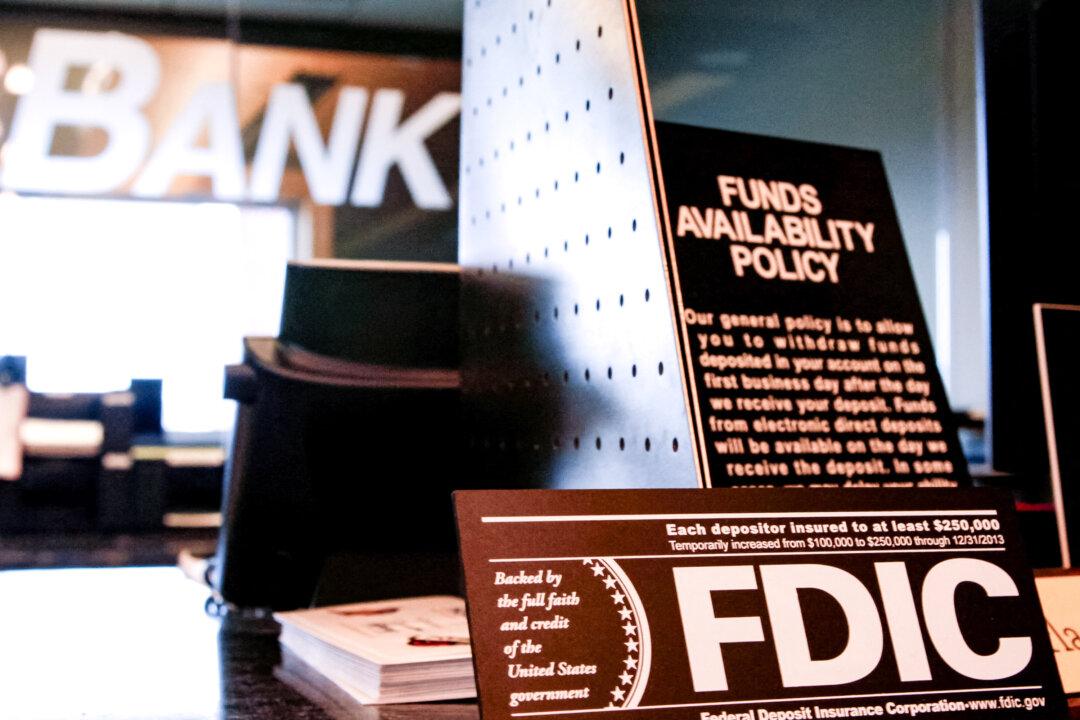Commentary
Earlier this month, the Consumer Protection Finance Bureau and the Justice Department issued a warning to lenders to remind “financial institutions that all credit applicants are protected from discrimination on the basis of their national origin, race and other characteristics covered by the Equal Credit Opportunity Act (ECOA), regardless of their immigration status.”





